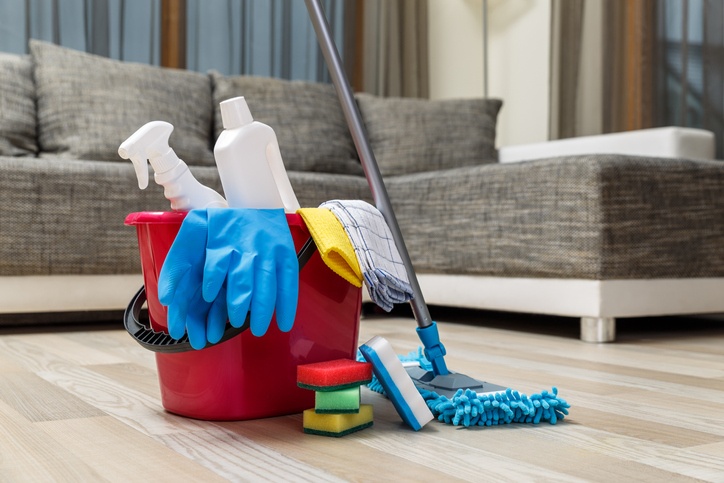Home » Uncategorised »
Cleaning remains the most common cause of tenancy deposit disputes
This article is an external press release originally published on the Landlord News website, which has now been migrated to the Just Landlords blog.

According to the Annual Review 2020 from The Dispute Service (TDS), cleaning is the most common reason for tenancy deposit dispute claims.
The report from TDS looked at claims from TDS Insured, TDS Custodial, TDS Northern Ireland, and SafeDeposits Scotland. The main reasons for disputes also included damage, redecoration, rent arrears, and gardening.
Cleaning resulted in 42% of TDS Insured’s claims, 53% of TDS Custodial’s, 45% of TDS Northern Ireland’s, and 69% of SafeDeposit Scotland’s.
The data in this review also reveals that the proportion of disputes raised by tenants is increasing. In the 2018-19 review, it was at 67%, whereas in this review of 2019-20 it has increased to 74%.
You can read the full review on TDS’s website.
Paul Oxley, Managing Director of lettings management software company Decorus for Sage, comments: “According to the TDS, many tenants claim that the cleanliness of the property at the start of the tenancy was not clear, or that the tenancy agreement did not make clear what was expected of them.
“So, it is vital that landlords have a proper inventory prepared and do a thorough check-in and check-out, so they have the right proof of condition at the start and end of a new tenancy agreement.
“When landlords take the time to spell out tenants’ responsibilities in terms of cleaning and caring for the property, tenants are more likely to conduct their tenancy in a way that is respectful to the property and this minimises any potential damage.
“At the check-out stage, the tenant should be made aware of the areas requiring cleaning and the potential cost involved. It is important to remember that the tenant is only obliged to return the property in the same state of cleanliness as at the start of the tenancy, after allowing for fair wear and tear.
“Landlords should conduct thorough check-in and check-outs at the start and end of the tenancy, supported by a professional inventory. Clear communication on the tenant’s responsibilities when they move into the property will improve the chances of a trouble-free check-out.”

Decorus for Sage provides the following tips to reduce the risk of a deposit dispute:
- Landlords make the mistake of thinking that inventories can be heavily comprised of photography and video. Completely photographic or filmed inventories without a complete written accompanying report are almost useless.
- If photography or film has been used for recording the inventory, make sure it is detailed and dated. Include photographs of the garden, inside of the oven, the interior of the shed or garage, and keys handed over to tenants – these are the main areas of problems that occur and are often down to misinterpretation at the end of a tenancy.
- There is no need to photograph every single corner of the property, as this is simply a waste of time – stick to the important things. Films and photographs alone will be of little use in a dispute when an adjudicator is trying to find hard evidence of a particular area.
- Carry out a thorough and full check-in and check-out of the property at which the tenant was present. Landlords and agents who don’t have this available when they go to court have little chance of winning the case.
- Document correspondence with the tenant and keep receipts for the deductions on the deposit e.g. cleaning and repairs.
Paul Oxley continues: “The common mistakes in landlord inventories are essentially lack of detail. Landlords often write just a brief shopping list and often do not have the appropriate photographs and videos, along with accompanying written descriptions to show the condition of the property and its contents.
“If the landlord finds the tenant fails to agree to the deposit deductions, they need to ensure they have the evidence such as a thorough and fully detailed inventory, copies of which are given to the tenant at check-in and check-out. It is imperative that tenants sign their acceptance of the contents of the check-in within seven days of the move in, and this signed copy should be retained by either the landlord.
“When landlords are managing multiple properties, it’s easy for documentation to go astray. Software developed specifically for the property industry uses advanced storage methods to combat this common issue. Decorus for Sage, for example, backs up system information on Microsoft Azure. If inventory information is lost or accidentally deleted, it can be easily restored. The software also runs on cloud servers so logged information can be accessed from any device with an internet connection.”




